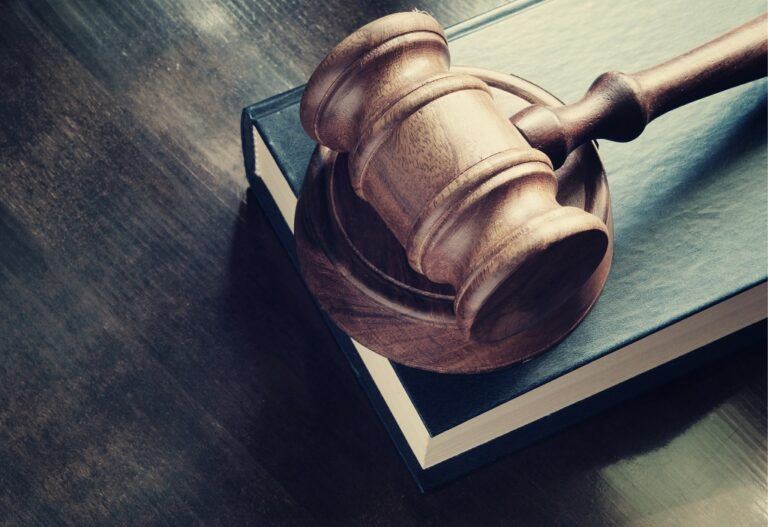Within the space of two weeks, three separate lawsuits have been filed against the largest cryptocurrency exchange in the U.S. – Coinbase – for several transgressions that includes insider trading at the time of Bitcoin Cash launch on its trading platform, the second being unlawfully holding bitcoins, and the third being security negligence.
Insider Trading Allegations
The first, class action lawsuit Berk vs Coinbase, filed on March 1, 2018, in Northern District of California, argues that the Coinbase informed its staff about its plan to add support for Bitcoin Cash trading on its platform. The people who sued, blame Coinbase for insider trading that reflected on Bitcoin Cash’s price as soon it was added to the platform, leaving others with a disadvantage.
At the time of the incident, Brian Armstrong, CEO of Coinbase assured that an internal investigation would take place and actions would follow immediately. However, the lawsuit states:
“To date, the Company has not publicly denied that in fact, insider trading occurred or the results of the purported internal investigation,”
Unlawfully Holding Cryptocurrencies
Following the first case, a separate class-action lawsuit – Faasse v. Coinbase, was filed on March 2, 2018, as plaintiffs claim Coinbase held “unclaimed digital assets.” The case will be overlooked by a federal magistrate in Oakland, California.
The plaintiffs claim that when a Coinbase user sends cryptocurrency to an individual who does not have a Coinbase account, the user is asked to claim the coins via a link sent by email. However, if the link expires after a given period, the transfer is not possible, and hence the unclaimed digital assets remain with Coinbase.
The complaint states:
“Imagine writing a cashier’s check to a friend. The bank withdraws funds from your account, but your friend never cashes the check. Does the bank get to keep the funds? The law says ‘no.’ But this is precisely what has happened with cryptocurrencies sent through Coinbase.com, owned and operated by Coinbase, Inc.”
Coinbase in response to the complaints stated:
“Our priority has always been, and remains, maintaining our customers’ trust. We go to great lengths to provide comprehensive information needed to make investment decisions and to safeguard the integrity of our platform, and we hold ourselves to the highest standards of conduct.”
The company also mentioned that it does not comment on pending lawsuits.
Security
The third case filed – Sultan vs Coinbase, on 13th February 2018, by Ezra Sultan, who blamed Coinbase for not effectuating the two-factor authentication system, resulting in Sultan losing 545 Litecoins worth about $200,000.
Sultan called a Coinbase customer service number, which supposedly wasn’t their number, to know the status of a pending Litecoin transaction. However, the delinquent masqueraded on the call as a Coinbase customer support staff and requested account information pretending to verify the transaction. Sultan provided the account information as he was under the impression it was Coinbase’s customer support on the other end requesting his personal information. According to the plaintiff, Coinbase did not play its part in securing his digital assets.
Sultan argued in the filing:
“Coinbase was thus aware or should have been aware that its security measures were inadequate for its phone system, website, or exchange platform and thus, allowed and permitted the unauthorised transfer of within Coinbase user accounts to unauthorised wallets, including the Litecoins which were owned by the Plaintiff and contained in his Coinbase user account,”
Coinbase is a major crypto exchange that claims to have over 10 million users, with crypto-asset exchanges making millions of dollars per day more competition is expected to challenge the dominance of Coinbase in the U.S. For Coinbase to remain as a top exchange its customer satisfaction must improve. The company is preparing to add more legal advisors to its team to combat potential government crackdown and ensuing class action lawsuits.









